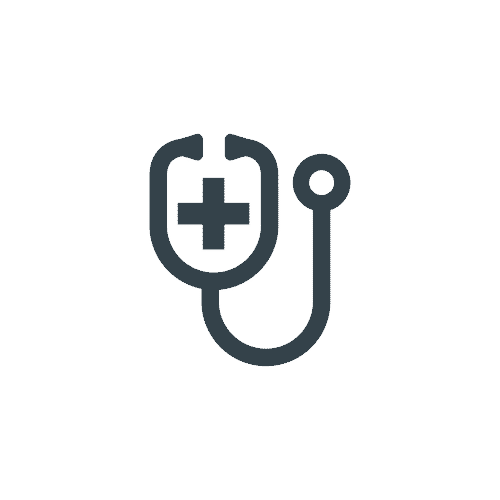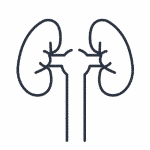Anticoagulation Clinic in Angola
Cameron Hospital Anticoagulation (ATU) ClinicWhat Are Anticoagulants?
Anticoagulants are blood thinning medications. They help slow the body’s process of forming clots and can also prevent existing blood clots from becoming bigger.
What Is Anticoagulant Therapy?
Anticoagulant therapy is used to block those factors that can affect the coagulation of the blood. The most common of these block an enzyme in the blood that is responsible for its clotting.
Effective anticoagulant therapy requires careful monitoring and testing of the patient. Close supervision, and medication adjustment are necessary for the patient’s health and well-being. Additionally, patient education is a crucial factor in the overall success of anticoagulant therapy.
Why Anticoagulants Might Be Prescribed
Clots can occur in your veins, heart and arteries. A doctor might prescribe anticoagulants to prevent strokes, blockages and heart attacks that can be caused by these clots.
A doctor might recommend that a patient take anticoagulants if they have any of the following conditions:
- congenital heart defects
- heart valve replacement
- risk of blood clots following surgery
- atrial fibrillation which is when the heart’s rhythm is abnormal
- certain blood vessel or heart diseases

Potential Side Effects
When taking an anticoagulant, it’s important that all the clinic’s directions are followed carefully. Doing so can help prevent potential adverse side effects.
The clinic needs to know about every medication and supplement that is being taken prior to prescribing anticoagulants. Certain medicines, foods and vitamins, as well as alcohol, could interact with anticoagulants.
Patients who have been prescribed anticoagulants typically need regular blood tests. These are used to determine how well their blood is clotting. Depending on the results of the blood test, the amount of medication that a patient is taking might need to be adjusted. The clinic wants to ensure that the amount of anticoagulants that a patient is taking is sufficient to prevent clots, but not enough to cause bleeding.
Anticoagulation Services

Point-of-Care Testing

Anticoagulation Medical Adjustment

Close Supervision for Effectiveness

Monitoring For Side Effects

Patient Education
Located in the Medical Office Building, Suite 103.
Related Blog Posts
©2025 Cameron Memorial Community Hospital
416 E. Maumee Street, Angola, IN 46703
